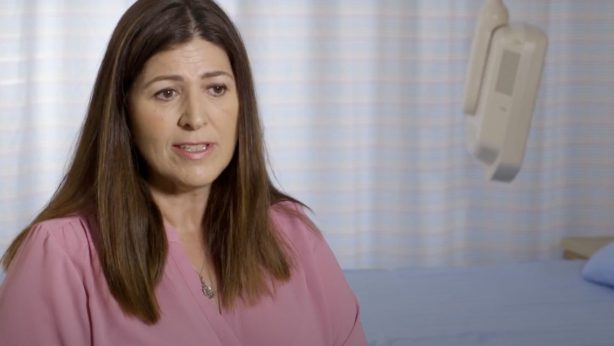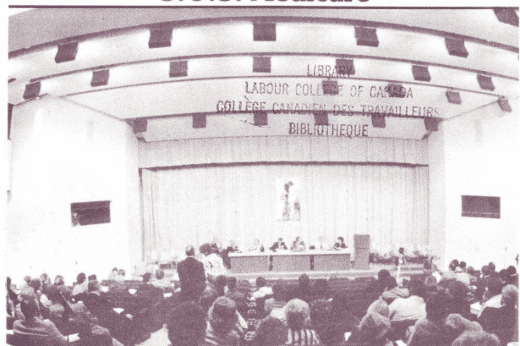Growing number of Québec doctors boycotting public health care in favour of private sector
Québec was the last province to join Medicare in 1970. The specialists immediately went out on strike, and were forced back in to work by the War Measures Act.
Today, Québec has a much looser set of rules with regards to doctors and the public health system. As a result, doctors zigzag back and forth between the for-profit private sector, and the public sector, run by the Régie de l’assurance maladie du Québec (RAMQ).
According to an investigation by Aaron Derfel of the Montreal Gazette, 780 general practitioners and specialists are “non-participants” in the public system and no longer bill the Régie de l’assurance maladie du Québec at all.
That is a 22 per cent increase, up from 641 the year before, according to a list compiled by RAMQ as of July 12. That represents the biggest single-year increase ever.
Dr. Isabelle Leblanc of the Médecins québécois pour le régime public (MQRP) told the Gazette, “We are appalled but not surprised by these numbers — which likely underestimate the number of physicians working in the private system, because some specialists opt in and out every few weeks — and we think something should be done as soon as possible to put a stop to it.”
About four per cent of all doctors in Québec are “non-participants” now. Seven years ago, only two per cent of all Québec doctors had gone private.
Québec is the only province where new doctors, at the end of their studies, can choose between public or completely private practice. In the other provinces, laws prohibit exclusive private practice.
“We’ve organized the front line around family medicine groups that are private-public partnerships, we subcontract surgeries to the private sector, and we’ve de-insured certain services: psychotherapy, physiotherapy. This gives the private sector room to grow,” Élise Girouard-Chantal, a graduating family medicine resident and MQRP board member, told CBC on July 24.
Fewer than 20 doctors have opted out of the public system in the entirety of the country outside Québec.
Leblanc told Derfel the Coalition Avenir Québec is allowing two-tier medicine.
“Private clinics come to recruit (medical) residents before they even finish (their training) and promise excellent working conditions — weekdays only, no evenings or weekends, no calls (at home),” she explained. “This has left a shrinking number of public-sector physicians “with all the difficult hours … to cover these shifts.”
Dermatologists are leading the exodus, with a total of 41, according to The Gazette’s analysis. Next on the list are orthopedic surgeons, 38 of whom have gone private, swelling the wait lists for consultations in the public sector.
Over 2 million Québecers don’t have access to primary care, the front door to the health care system, according to the newly released OurCare report by McGill researchers. This is among the worst rates in the country, the report states.
For those who have money, it is easy to see the appeal of the private services offered by the 4 per cent of doctors who have opted out. They even offer promotions and sale prices. And do sophisticated marketing campaigns featuring ads like this.
Here is a list of the Québec doctors who are billing patients directly, and are opted out of the public system.



